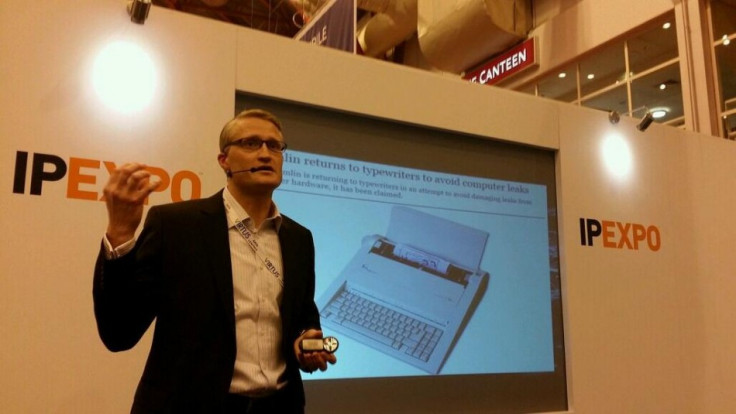How Edward Snowden Changed the Face of Cyber-Security
Edward Snowden's NSA leaks have changed the way the cyber security world works.

Following months of shocking revelation after shocking revelation about our governments' widespread monitoring of global communications, it is only now that the fallout of what NSA whistleblower Edward Snowden did, is being assessed.
It is clear that all facets of the cyber-security world have been indelibly changed, from ordinary people having their eyes opened to what is really going on, to governments becoming ever-more distrustful of each other. Snowden, Glenn Greenwald and the Guardian have forever changed the way we think about cyber-security.
Whether you think Snowden is a hero or villain is a debate which will rage on for many years, and as the Greenwald himself told Time magazine earlier this week - "the worst is still to come."
Bigger picture
But fours months on from the publication of the first cache of secret documents which Snowden stole, one of the foremost experts on cyber-security has laid out then ways in which he believes Snowden has left his mark on the cyber-security industry.
Jarno Limnell, a doctor of military science who has previously worked for the Finnish defence forces and the UN, is well placed to estimate the fallout from Snowden's revelations, and speaking at the IP Expo conference, Limnell said in order to see the consequences of Snowden's actions we shouldn't focus on the details:
"We have to understand the bigger picture, of where the world is going [particularly] in the cyber security field. And I have to say, I believe that cyber security will have the biggest impact in understanding cyber security in the next couple of years."
Catastrophic
Last week the former head of GCHQ, David Omand called the Snowden leaks the "most catastrophic loss in British intelligence history." Backing up this assertion, Limnell said that the technichal details contained in documents leaked by Snowden had weakened the security situation in Western countries, decreasing the level of security in the US and UK in particular.
Limnell said he fully agreed with MI5 chief Andrew Parker who said the leaks were a "gift" to allow terrorists "evade us and strike at will."
There is already evidence the Finn said, that Al Quaida has changed the way it communicates as a result of the details revealed by Snowden.
Cyber-arms race acceleration
One of the biggest impacts Snowden has had on the world is that his leaks have led to an acceleration of the cyber arms race around the world which Limnell says is "very worrisome."
He added that in order to be a credible actor both in the military battlefield and in world politics, nation-states must have cyber capabilities. "It is very hard to know what capabilities other nations or extremist groups have in the cyber domain as it is very hard to see them."
And when you don't know what your enemies are holding, you have to over compensate to "secure your place in the cyber domain."
In the end
We recently saw how the UK became the first country in the world to openly admit to creating offensive cyber capabilities, but Limnell says that of the 50 or so countries developing cyber capabilities at the moment, at least 12 have revealed they are engaged in creating similar offensive capabilities.
In the end however, Limnell says he believes that the leaks will have the opposite effect of what Snowden has stated was the reason he came forward in the first place.
Snowden has said he could no longer sit by and see the type of widespread spying continue. He wanted to make the public aware of what was happening.
However Limnell says the ultimate fallout from the Snowden leaks will see what is secret "will truly be secret in the future [with] more sophisticated and complicated intelligence procedures developed" in order to protect sensitive information.
As an example of this already happening, Limnell references the move by the Kremlin to return to using typewriters in order to prevent potential leaks in the wake of Snowden.
© Copyright IBTimes 2024. All rights reserved.






